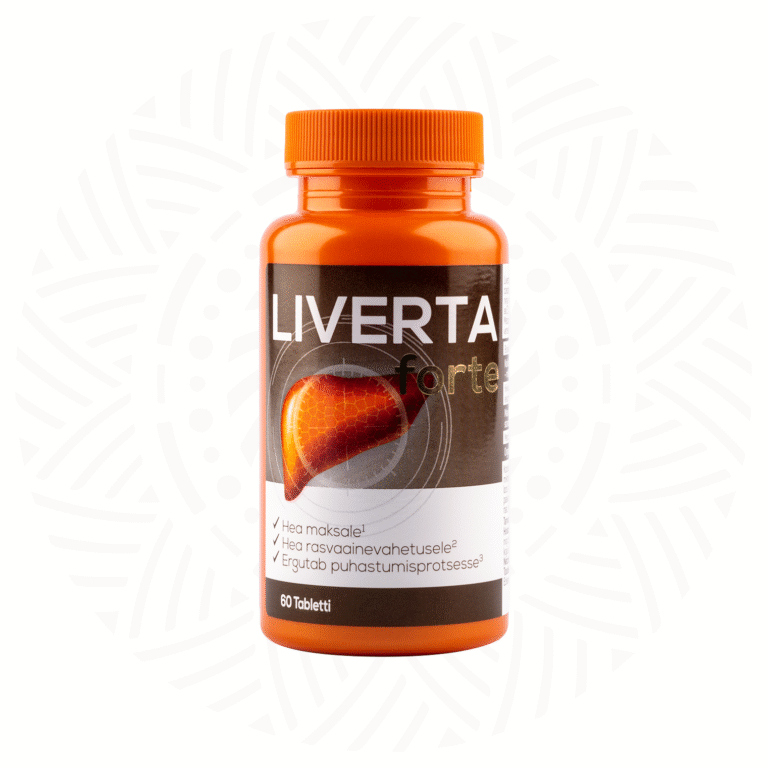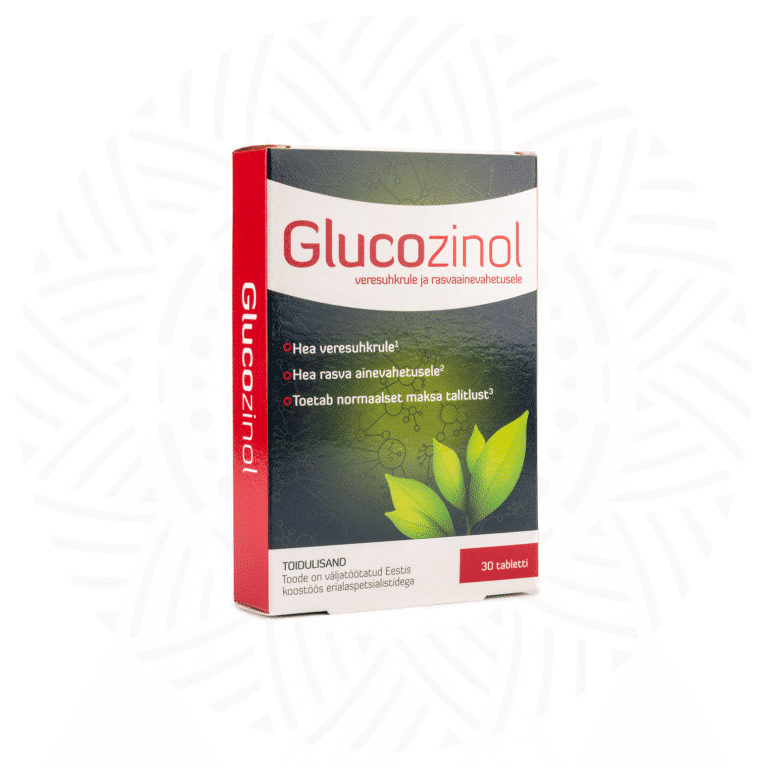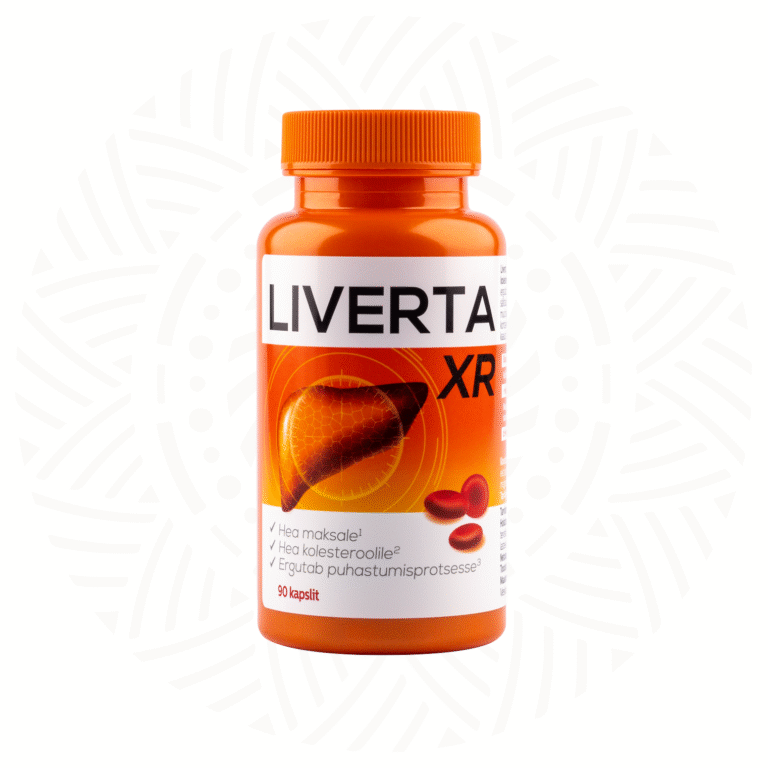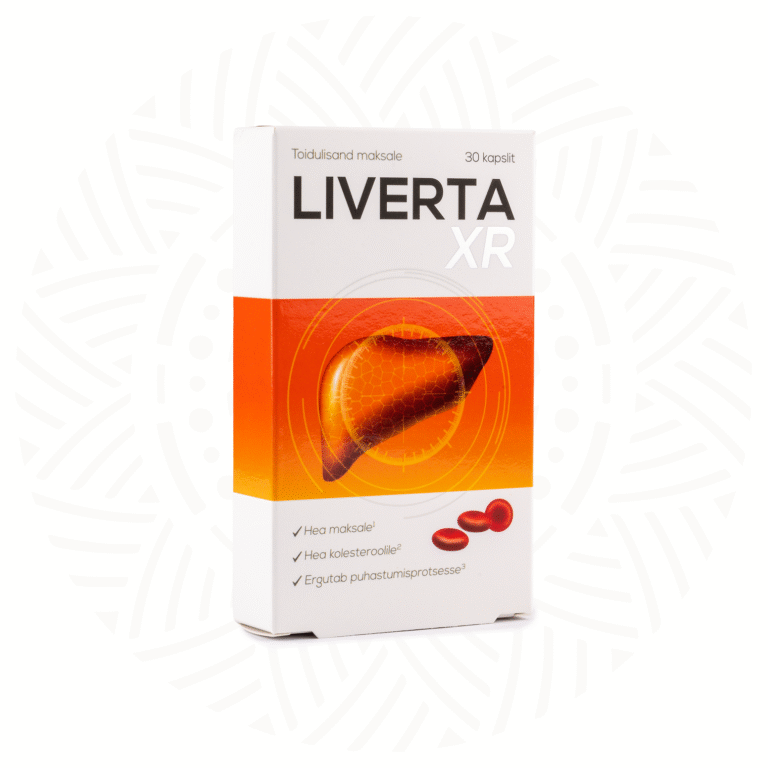Estonia’s short summer is a great time to relax and recharge. Summer naturally includes grilled meat on hot coals, accompanied by a refreshing drink. However, it is important to remember that some foods and drinks can put a heavy burden on the liver.
Before discussing how to recognize when your liver is overloaded, you should understand why this vital organ is so important.
The liver’s primary function is to break down all harmful substances in the body and aid digestion by producing bile acids. In light of recent years’ events, it is also important to highlight that the liver plays a crucial role in the immune system.
Even a slight burden on the liver can manifest in different ways, but in summer, the most common issues are digestive problems (gas, bloating, heaviness in the stomach). On the other hand, liver overload can also show up as changes in the nails and skin problems (itchy skin, acne, and eczema). It is important to pay attention to these signs as early as possible to prevent liver inflammation and further deterioration of liver function.
Liver function disorders can develop unnoticed during summer and are often linked to unhealthy eating (or drinking). The main problematic foods, especially in large quantities, include grilled sausages, meats, and snacks high in fat and salt. Among beverages, both alcoholic and non-alcoholic soft drinks can be harmful. In the case of soft drinks, excessive sugar is the main issue, while in alcoholic beverages, alcohol itself is the problem. Still, many of us think, “In summer, it’s okay,” and enjoy another glass of wine on a warm summer evening. This can easily lead to overburdening the liver without even realizing it.
To maintain liver health, it is important to follow the well-known plate rule even in summer. Eat in a way that grilled meat makes up only a quarter of your plate. The majority of your plate should be filled with colorful fruits and vegetables. This rule is especially important for those struggling with excess weight, as obesity poses a significant threat to liver health. The number of overweight individuals in Estonia is increasing – 50% of Estonians are overweight or already obese. Obesity, in turn, leads to fatty liver disease, which affects 90% of overweight individuals.
(According to the 2020 TAI health behavior study, only 45.7% of the population is of normal weight.)
People can do a lot to support their liver health. Moderate physical activity, a proper diet, avoiding alcohol and sugary soft drinks, and drinking enough water are simple lifestyle habits that support liver function.
Liver-supporting foods include blueberries, nuts, and vegetables, especially broccoli, beans, and leafy greens. These contain high levels of antioxidants and liver-beneficial vitamin E. Amino acids also play an essential role in liver recovery, as they enhance the liver cells’ antioxidant capacity. Choline is a central element in liver support therapy. It is a vitamin with emulsifying properties. For liver health, this means that choline helps eliminate excess fat stored in the liver (and blood vessels), as it helps dissolve fat deposits in the body. The best sources of choline are eggs, liver, seafood, and cabbage.








